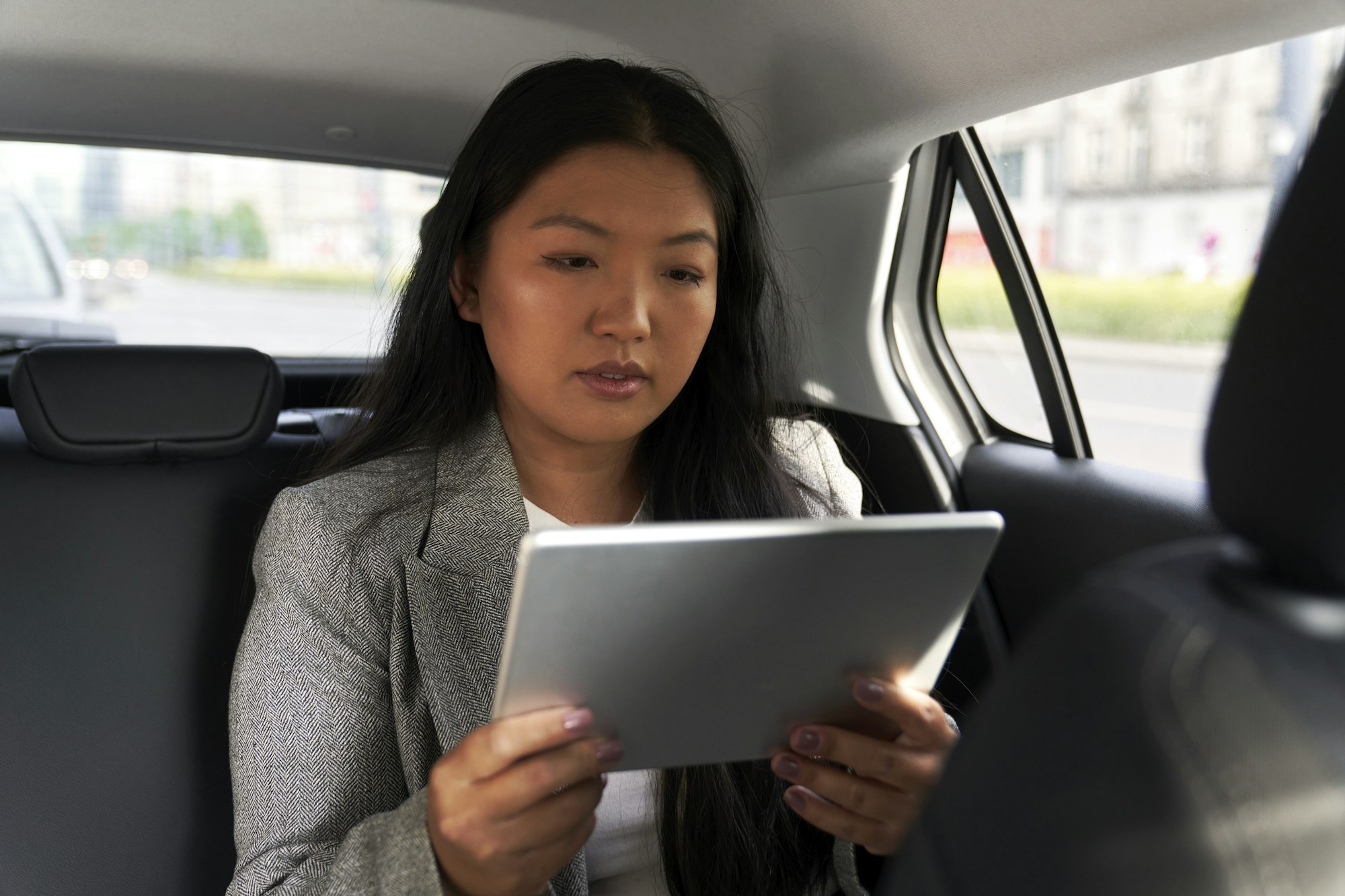China’s securities regulator has recently made it easier for artificial intelligence (AI) companies to grow and enter global markets. This change is part of a larger effort to boost China’s economy and its role in global technology.

What’s New?
Here’s a breakdown of the main changes:
- Simpler Process for Going Global: AI companies in China can now get approval more quickly to start selling their shares in other countries. This helps them grow and compete internationally without getting stuck in red tape.
- More Support for Innovation: The government is now giving more money and support to AI research and development. They want Chinese companies to be leaders in technology worldwide.
- Better Protection for New Ideas: There are stronger laws now to protect new inventions in China. This makes companies more confident about competing around the world.
What This Means for Everyone
These changes could lead to:
- More Competition Globally: Chinese AI companies might start to play a bigger role on the world stage, which could shake things up for current tech leaders in the U.S., Europe, and elsewhere.
- More Interest from Investors: With Chinese companies able to easily reach international markets, more investors might start putting money into Chinese tech, which is good for China’s economy.
- Higher Tech Standards: More Chinese AI products in the market could push for better and more uniform tech standards globally.
Some Worries to Consider
However, there are a few concerns:
- Navigating Rules Can Be Tricky: Finding a balance between growing internationally and keeping national security in check can lead to complex situations and potential clashes with laws in other countries.
- Too Many Players?: If too many Chinese firms enter the market, it might lead to too much competition, which can drive down prices and profits.
Overall, China’s new approach could help its AI companies become big players globally, changing the technology landscape and how markets operate. These changes are big news for everyone watching global tech and economy shifts.

FAQs
1. What are the main changes in China’s new regulatory framework for AI companies?
Answer: The main changes include:
- Simpler Approval for Overseas IPOs: AI companies in China can now get quicker approvals to list their shares in international markets.
- Increased Support for R&D: The government is providing more financial incentives and resources to boost research and development in the AI sector.
- Enhanced Intellectual Property Protection: Stronger laws are in place to protect new inventions and innovations made in China, giving companies more confidence to compete globally.
2. How will these changes impact the global technology market?
Answer: The changes are expected to:
- Increase Global Competition: Chinese AI companies may become significant competitors on the world stage, challenging established tech giants.
- Boost Investor Interest: Easier access to international markets could attract more foreign investment in Chinese technology, benefiting the broader economy.
- Raise Technological Standards: The entry of more Chinese AI products into the global market could push for improved and standardized AI technologies worldwide.
3. What are some potential concerns with China’s new policies?
Answer: Some concerns include:
- Regulatory Challenges: Balancing national security with business expansion can be complex and may lead to conflicts with foreign regulatory bodies.
- Market Saturation: The increased presence of Chinese firms in global markets might lead to saturation, potentially putting pressure on prices and profitability.
Sources Bloomberg


